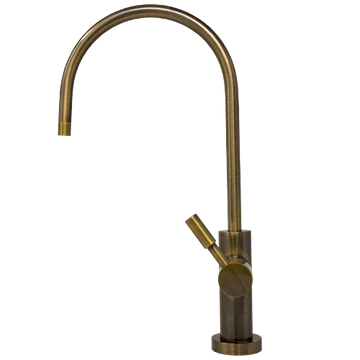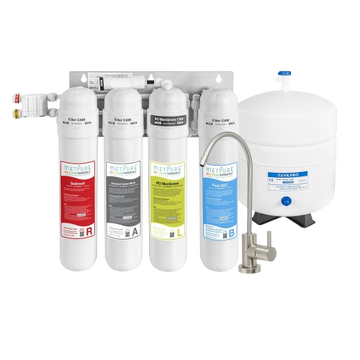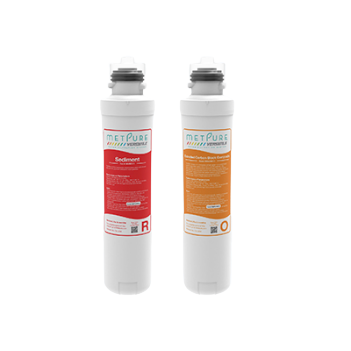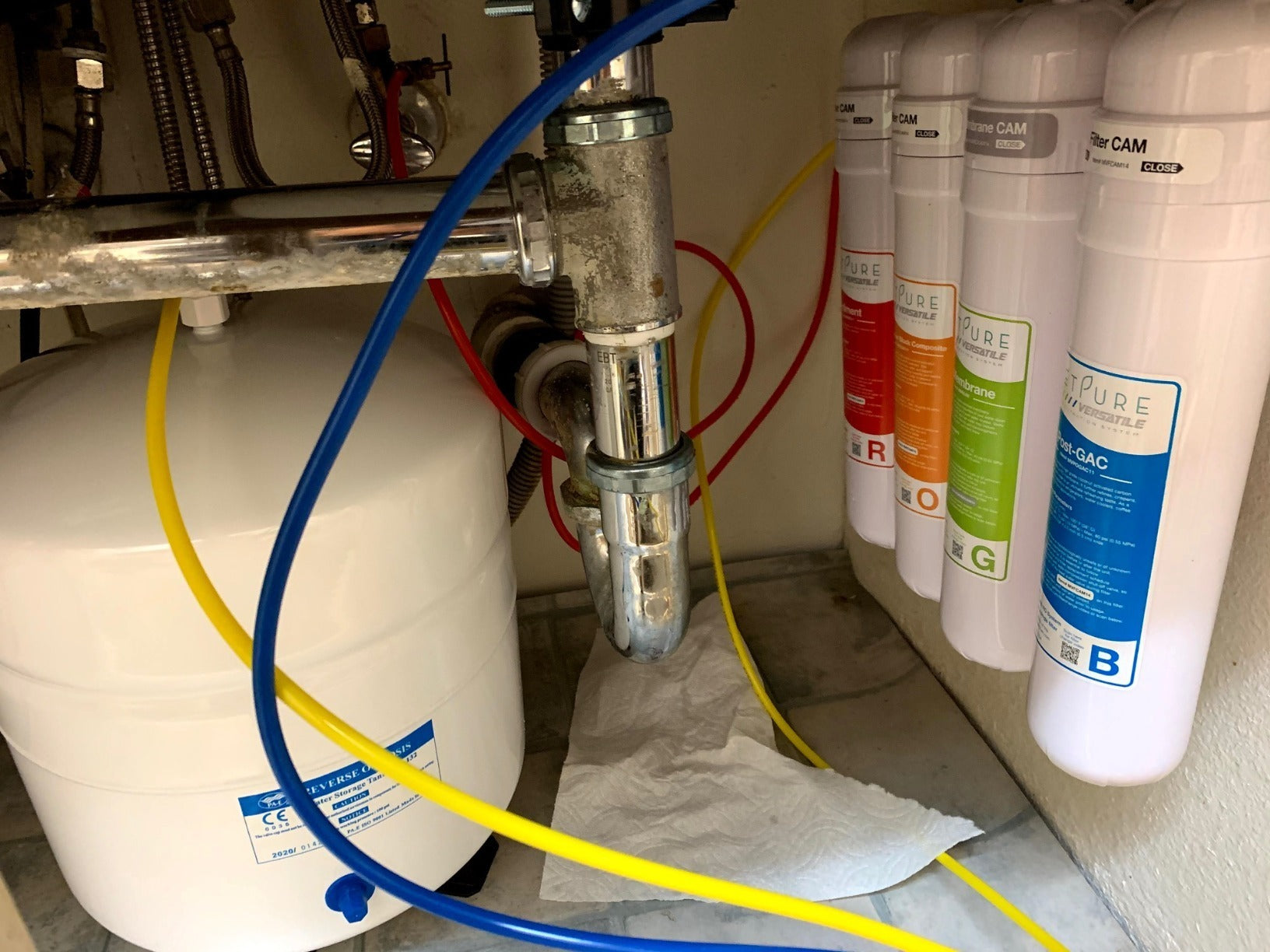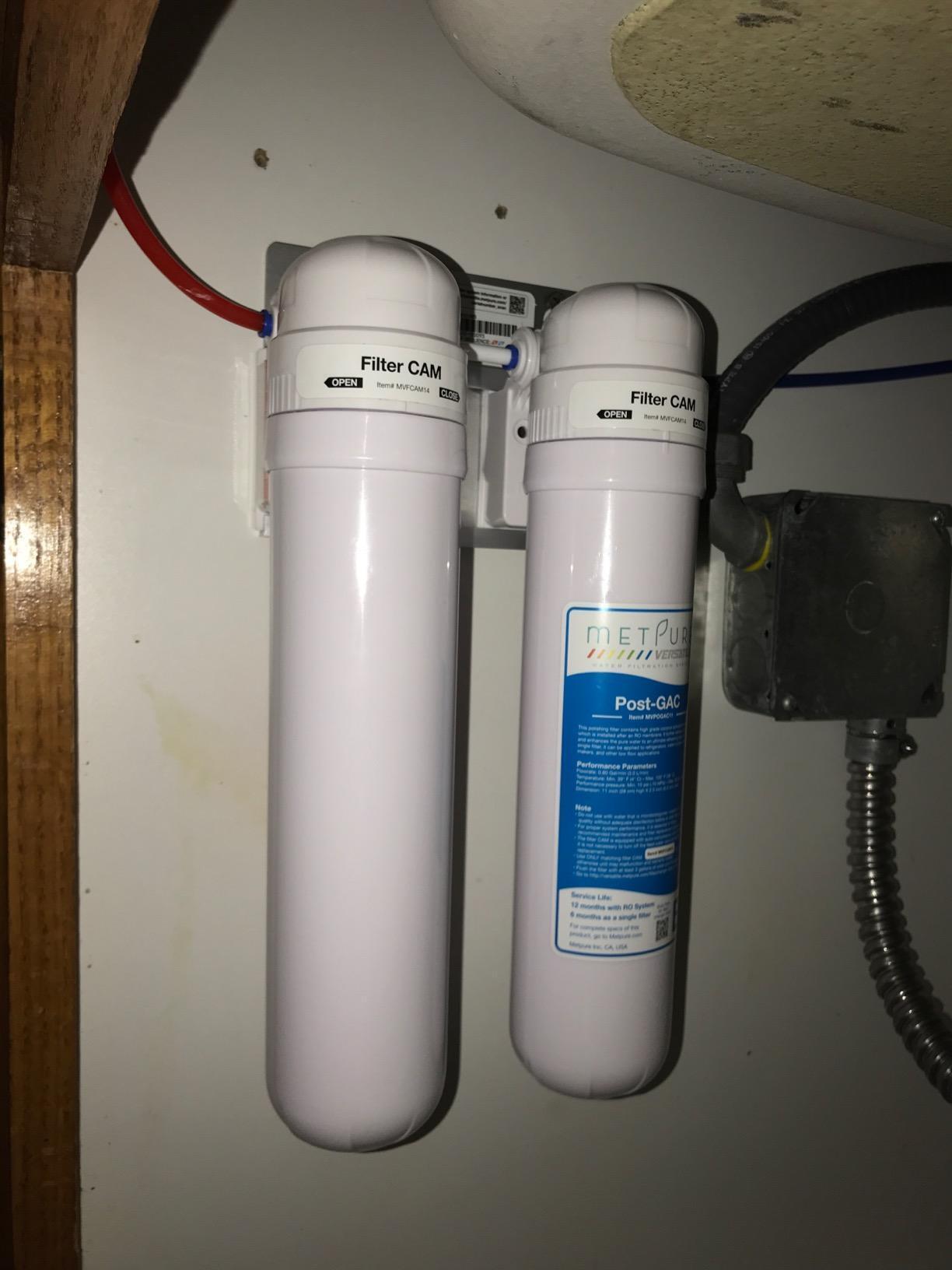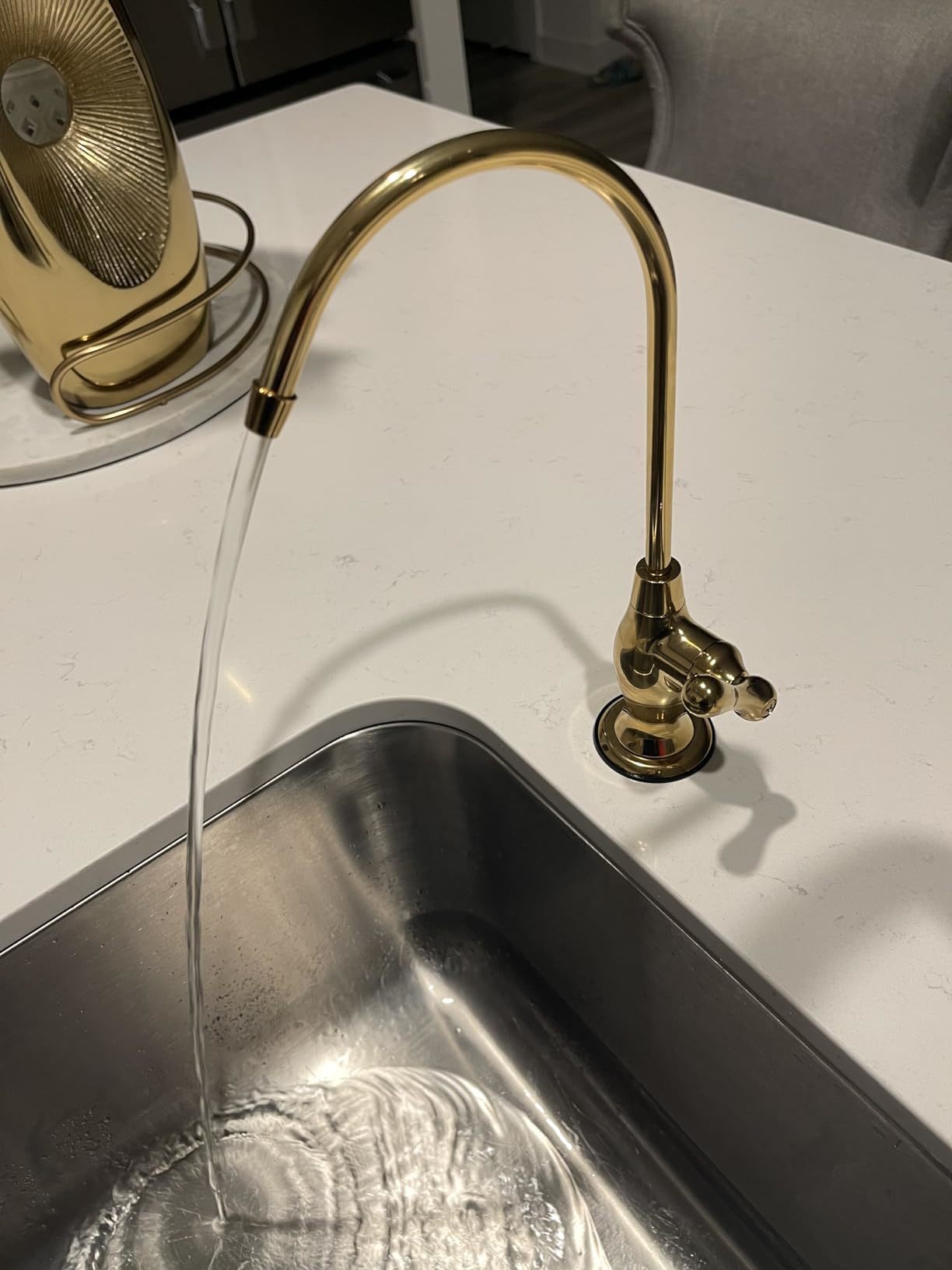Introduction to the debate: Spring water vs. Purified water
In the pursuit of optimal hydration, individuals are often confronted with numerous choices, one of the primary debates being between spring water and purified water. Both types claim to offer pure and refreshing qualities, yet they differ significantly in their sourcing, composition, and potential benefits. This ongoing debate sparks curiosity and raises the question: which type of water is truly superior for hydration and overall health?
Exploring the difference between purified and spring water and benefits of each to help make an informed choice
This article aims to delve into the intricacies of spring water and purified water (spring water vs purified water), dissecting their unique characteristics, and highlighting their respective advantages. By examining the distinctions in sourcing, composition, regulatory standards, and potential health benefits, this exploration seeks to empower individuals with the knowledge needed to make an informed decision when choosing between spring water and purified water. Ultimately, understanding purified water vs spring water can assist in making a conscious and well-informed choice that aligns with personal preferences and health objectives.
Understanding Spring Water
1. Definition and sourcing of spring water
Spring water is sourced from natural underground springs, emerging naturally from the earth's surface. These springs are formed when underground water reservoirs are pushed to the surface due to geological pressure. This water is collected directly at the spring or through a borehole near the spring source.
2. Natural composition and mineral content
Spring water's natural composition varies based on the geological characteristics of the land it flows through. It typically contains various minerals such as calcium, magnesium, potassium, and trace elements, acquired as the water travels through rocks and soil layers. These minerals contribute to its unique taste and potential health benefits.
3. Benefits of drinking spring water
1. Potential health benefits
- Mineral content: The natural minerals in spring water may provide essential nutrients beneficial to health, contributing to overall mineral intake.
- Electrolyte balance: Some proponents suggest that the mineral content in spring water helps maintain electrolyte balance, essential for proper bodily functions.
- Absence of contaminants: Spring water is generally perceived to be free from artificial additives or chemical treatments, offering a more natural option compared to some other types of water.
2. Taste and freshness
- Distinct taste: The mineral content in spring water contributes to its unique taste, often perceived as refreshing and crisp.
- Freshness: Due to its natural sourcing, many people associate spring water with a clean and pure taste, often preferred over distilled or purified water.
Examining Purified Water

1. Definition and purification methods
Purified water undergoes a rigorous filtration and purification process to eliminate impurities and contaminants. Common purification methods include:
- Distillation: Boiling water and condensing the steam to remove impurities.
- Reverse Osmosis: Forcing water through a semi-permeable membrane to filter out contaminants.
- Filtration: Passing water through various filters (carbon, sediment, etc.) to remove particles and pollutants.
2. Removal of contaminants and minerals
Purification processes aim to remove not only contaminants like bacteria, viruses, chemicals, and heavy metals but also minerals and dissolved solids present in the water. This comprehensive purification results in water that is highly purified and often free from any substantial mineral content.
Advantages of purified water
1. Consistency and purity
- Elimination of impurities: Purification methods ensure a high level of purity by removing most contaminants, providing consistent quality in each batch of water.
- Controlled mineral content: The absence of minerals can be advantageous in certain situations where controlled mineral intake is necessary, such as in medical treatments or scientific experiments.
2. Application in specific situations
- Medical use: Purified water meets stringent standards required for medical procedures, pharmaceutical production, and dialysis, where absolute purity is essential.
- Industrial use: Industries rely on purified water for manufacturing processes, laboratory work, and electronics production where the presence of minerals or impurities could be detrimental.
Key Differences Between Spring Water and Purified Water
A. Source and origin
- Spring water: Naturally sourced from underground springs.
- Purified water: Obtained through various purification processes, often from municipal sources or groundwater.
B. Mineral content and taste variations
- Spring water: Contains naturally occurring minerals, imparting a distinct taste and potential health benefits.
- Purified water: Typically lacks minerals due to the purification process, resulting in a neutral taste.
C. Regulation and quality standards
- Spring water: Governed by FDA regulations; required to be collected at the source and meet certain quality standards.
- Purified water: Subject to stringent purification and quality standards outlined by regulatory bodies to ensure purity.
D. Environmental impact and sustainability
- Spring water: Relies on natural sources but may have lower environmental impact if sourced sustainably.
- Purified water: Often involves energy-intensive purification processes; sustainability depends on the source and purification methods used.
Choosing the Best Option for Your Hydration Needs
1. Considerations based on taste preferences
- Spring water: Preferred by some for its natural taste and mineral content.
- Purified water: Appeals to those who prefer a neutral taste and consistent purity.
2. Health considerations and potential benefits
- Spring water: May offer additional minerals beneficial for health.
- Purified water: Provides consistent purity and may be preferred in certain medical scenarios.
Purpose and usage
- Spring water: Suitable for daily consumption and enjoyed for its natural taste.
- Purified water: Ideal for medical, industrial, or situations requiring guaranteed purity.
Environmental impact and sustainability factors
- Spring water: Depends on sustainable sourcing practices.
- Purified water: Environmental impact varies based on the purification process and source.
Conclusion
The choice between spring water vs purified water comes down to personal preference. While spring water boasts natural mineral content and a distinct taste derived from its original sources, purified water undergoes rigorous filtration, ensuring consistent purity ideal for specific purposes. Whether one favors the potential health benefits and taste of spring water or the reliability and neutrality of purified water, the decision should factor in taste preferences, health needs, and sustainability concerns. Embracing informed choices not only fulfills personal hydration requirements but also contributes to a healthier lifestyle and a more environmentally conscious approach to water consumption





